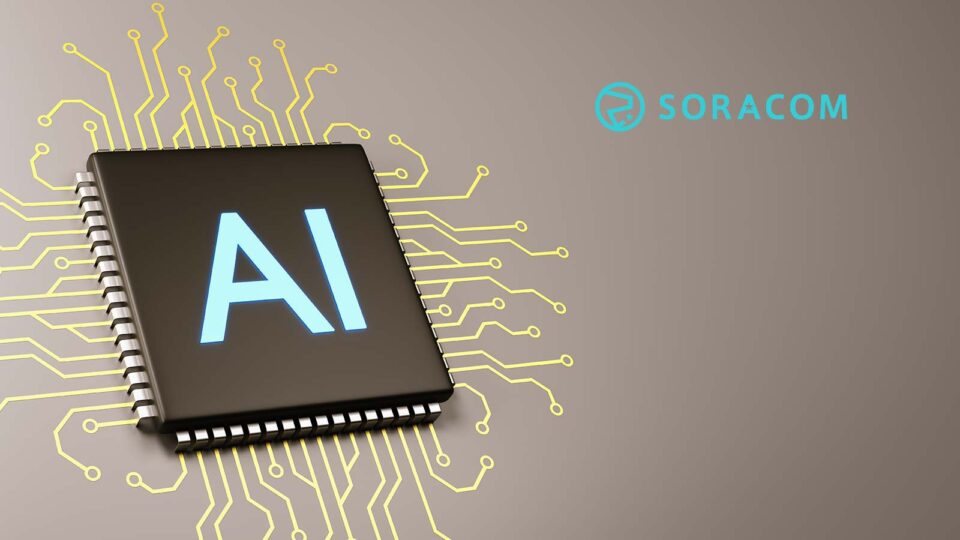Users can now manage SatIoT connections and billing, and add advanced IoT platform services directly through Soracom platform
Soracom, a global provider of advanced IoT connectivity, announced it has expanded its IoT connectivity offerings to include native support for satellite messaging capability, allowing SMBs, SMEs and enterprise customers to manage SatIoT connections and billing directly through the Soracom platform. This capability is now available on a Technical Preview basis, with support available today for Astrocast, with additional satellite services to follow.
“Cost effective, low power, bidirectional satellite technology brings new opportunities for a broad range of innovative use cases. Combining the Soracom platform’s capability and ease of use with Satellite IoT gives integrators and organizations a chance to explore and develop a new dimension to their IoT deployments.”
The launch of native support for satellite enables customers with remote monitoring, asset tracking and other use cases to “bring their own” compatible satellite hardware and manage all of their connections and billing in one place. In addition, users can integrate advanced platform services supporting device management, cloud integration and secure private networking into IoT use cases requiring satellite communication.
Latest ITechnology News: JFrog Appoints Seasoned DevOps, Cloud and Security Leader Yvonne Wassenaar to its Board of Directors
Native satellite support is a new addition to Soracom’s “blended” IoT networking offering. Soracom has provided native support with integrated billing for cellular and Sigfox since 2018, and, in July 2021, added support for Wi-Fi, Ethernet, and satellite via Soracom Arc. Arc lets individual developers, startups, and enterprises build IoT solutions using their connectivity of choice, with the unique ability to easily switch, add, or blend connectivity options as requirements change – all without rearchitecting applications.
Terrestrial cellular networks now reach 90% of the world’s population, but cover only 15% of the earth’s surface, according to Astrocast. IoT deployments in remote locations, such as those found in precision agriculture, industry, mining, energy, and maritime and other industries, require the ubiquitous network availability that only satellite coverage can provide.
Latest ITechnology News: LMG Security Introduces New Proactive Cybersecurity Solutions
“Soracom is committed to accelerating IoT deployments around the world and ensuring success at scale, no matter what combination of hardware, cloud platform, and wireless connectivity the use case requires,” said Kenta Yasukawa, cofounder and CTO at Soracom. “With the addition of native satellite support, we are empowering our customers to build new experiences around connected devices while reducing total cost of ownership, accelerating speed to market, and ensuring complete control over every connection.”
“There is significant demand within many industries for IoT deployments across the 85% of the globe that currently has zero cellular coverage,” said Fabien Jordan, cofounder and CEO at Astrocast. “Cost effective, low power, bidirectional satellite technology brings new opportunities for a broad range of innovative use cases. Combining the Soracom platform’s capability and ease of use with Satellite IoT gives integrators and organizations a chance to explore and develop a new dimension to their IoT deployments.”
Latest ITechnology News: Optable Integrates with The Trade Desk to Securely Transact Unified ID 2.0
[To share your insights with us, please write to sghosh@martechseries.com]


